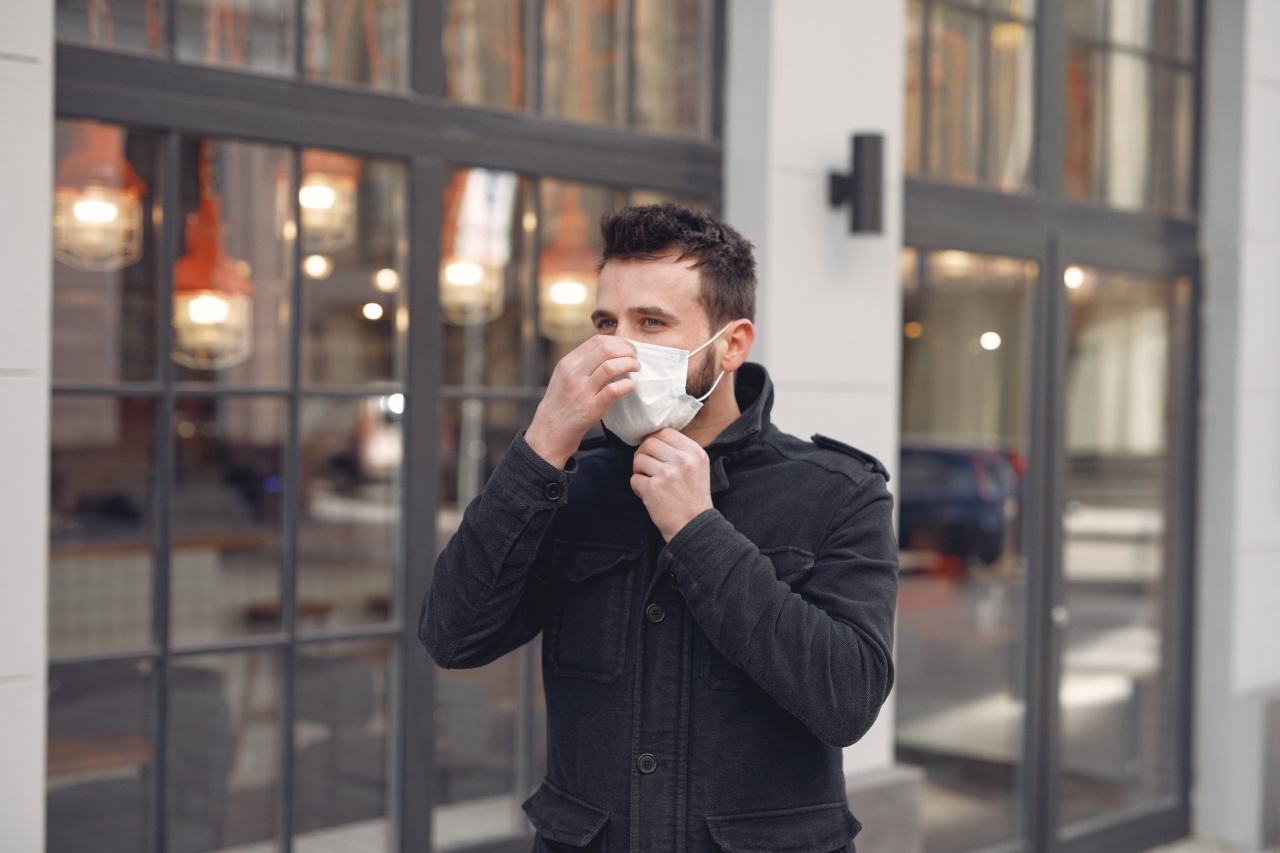Allergies are a common condition affecting millions of people around the world.
While they are typically not life-threatening, allergies can significantly reduce one’s quality of life, causing symptoms such as watery eyes, runny nose, sneezing, and skin rashes. However, new research has found that allergies may also increase the risk of hypertension, a serious condition that can lead to heart disease, stroke, and other health problems.
What is Hypertension?
Hypertension, or high blood pressure, is a condition in which the force of blood against the walls of the arteries is too high.
This can cause damage to the arteries and organs over time, increasing the risk of heart disease, stroke, and other complications. Hypertension is often called the “silent killer” because it may have no symptoms until it causes a serious health problem.
The Link Between Allergies and Hypertension
Several studies have suggested that there is a link between allergies and hypertension. One study published in the American Journal of Epidemiology found that people with allergies were more likely to have hypertension than those without allergies.
Another study published in the Journal of Allergy and Clinical Immunology found that people who had an allergic reaction to a particular substance had a higher risk of developing hypertension than those who did not have an allergic reaction.
While the exact mechanism behind this link is not yet fully understood, researchers believe that the inflammation caused by allergies may contribute to hypertension.
When the body reacts to an allergen, it releases a chemical called histamine, which can cause inflammation in the body. This inflammation can damage the walls of the arteries and cause them to become stiff and less flexible, which can increase blood pressure.
Managing Allergies to Reduce the Risk of Hypertension
If you have allergies, it’s important to manage them properly in order to reduce the risk of hypertension. This can involve a combination of lifestyle changes, medications, and other treatments.
Lifestyle Changes
One of the most effective ways to manage allergies is to avoid the allergen whenever possible. This may involve making changes to your home environment, such as using air purifiers or avoiding certain types of materials that may trigger allergies.
In addition, you may need to make changes to your diet and exercise habits in order to improve your overall health and reduce the risk of hypertension.
Medications
There are a variety of medications available to help manage allergies, including antihistamines, nasal sprays, and eye drops. These medications work by blocking the release of histamine and other chemicals that cause inflammation in the body.
If you have allergies and are concerned about hypertension, talk to your doctor about which medications may be best for you.
Allergy Shots
Allergy shots, also known as allergen immunotherapy, are a type of treatment that can help reduce the severity of allergies over time.
This involves getting regular injections of small amounts of the allergen, which can help your body build up a tolerance to it. Allergy shots are typically given over a period of several months or years, and they can be very effective for people with severe allergies.
Other Treatments
There are a variety of other treatments available for allergies, including herbal remedies, acupuncture, and chiropractic care.
While these treatments may not be as effective as traditional medications, they can be a good option for people who prefer a more natural approach to managing their allergies.
Conclusion
Allergies can be a frustrating and uncomfortable condition, but they can also increase the risk of hypertension and other serious health problems. If you have allergies, it’s important to manage them properly in order to reduce the risk of hypertension.
This may involve a combination of lifestyle changes, medications, and other treatments. Talk to your doctor about which treatments may be best for you, and take steps to keep your allergies under control.





























